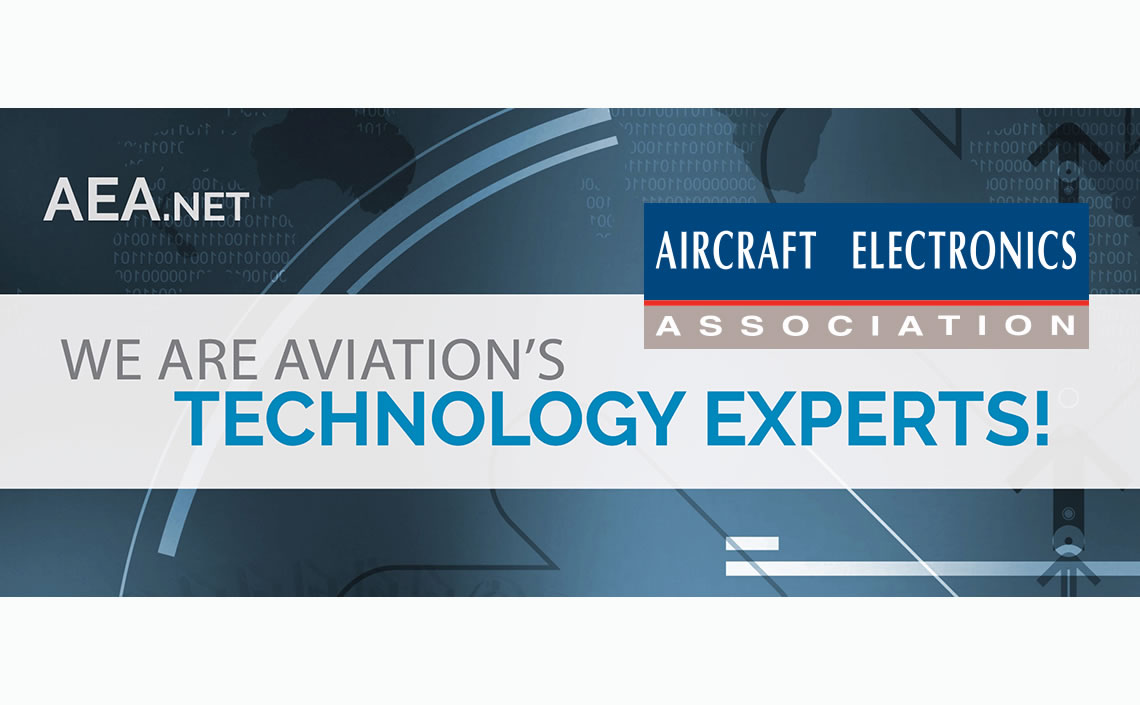If your state or municipality has defaulted to the federal guidelines (which most have), then this document is essential to you.
SUMMARY:
This information was updated March 28.
The information on critical infrastructure sectors is from the Cybersecurity and Infrastructure Security Agency (CISA). The Department of Homeland Security and the Department of Transportation are designated as the co-sector-specific agencies for the transportation systems sector. The nation's transportation system quickly, safely, and securely moves people and goods through the country and overseas.
There are 16 critical infrastructure sectors whose assets, systems, and networks, whether physical or virtual, are considered so vital to the United States that their incapacitation or destruction would have a debilitating effect on security, national economic security, national public health or safety, or any combination thereof. Presidential Policy Directive 21 identifies these 16 critical infrastructure sectors.
As reported in the AEA regulatory update dated March 24, 2020, the transportation sector has been designated as critical infrastructure by CISA.
The transportation systems sector consists of seven key subsectors, or modes:
- Aviation
- Highway and motor carrier
- Maritime transportation system
- Mass transit and passenger rail
- Pipeline systems
- Freight rail
- Postal and shipping
Aviation includes aircraft, air traffic control systems, and about 19,700 airports, heliports, and landing strips. Approximately 500 provide commercial aviation services at civil and joint-use military airports, heliports, and sea plane bases. In addition, the aviation mode includes commercial and recreational aircraft (manned and unmanned) and a wide variety of support services, such as aircraft repair stations, fueling facilities, navigation aids and flight schools.
The CISA guidance on the Essential Critical Infrastructure Workforce: Ensuring Community and National Resilience in COVID-19 Response contains references to the employees necessary to support the air transportation sector to include:
CRITICAL MANUFACTURING
- Workers who produce or manufacture parts or equipment that support continued operations for any essential services and increase in remote workforce (including computing and communication devices, semiconductors, and equipment such as security tools for security operations centers or data centers).
TRANSPORTATION AND LOGISTICS
- Employees who repair and maintain vehicles, aircraft, rail equipment, marine vessels, bicycles, and the equipment and infrastructure that enables operations that encompass movement of cargo and passengers.
- Air transportation employees, including air traffic controllers and maintenance personnel, ramp workers, aviation and aerospace safety, security, and operations personnel and accident investigations.
- Workers who support the operation, distribution, maintenance, and sanitation, of air transportation for cargo and passengers, including flight crews, maintenance, airport operations, those responsible for cleaning and disinfection, and other on- and off-airport facilities workers.
AEA COMMENTARY:
The Aircraft Electronics Association encourages each member to download and read the revised memorandum. If your state or municipality has defaulted to the federal guidelines (which most have), then this document is essential to you, your employees and your business. You can find your local statutes on the COVID-19 2020 State & Local Government Report provided as a service from Stateside Associates.
As always, we are here to help you through these trying and unprecedented times. We are learning more every day and will continue to share what we learn with you. If you have any questions, please don't hesitate to bring them up. We are here to support you and your business.
More information can be found on the AEA COVID-19 resources page available to all AEA members.
FOR MORE INFORMATION:
Contact Ric Peri, AEA vice president of government and industry affairs, by email at ricp@aea.net or by phone at 202-589-1144.

